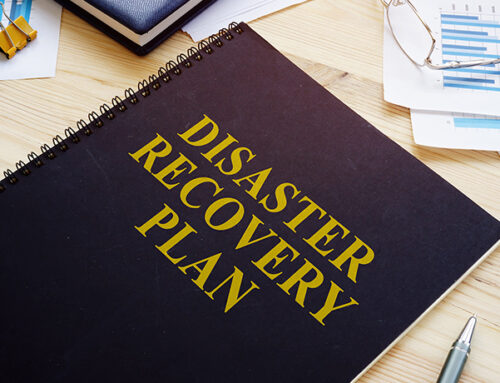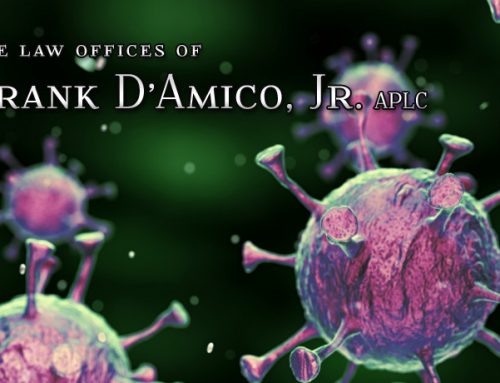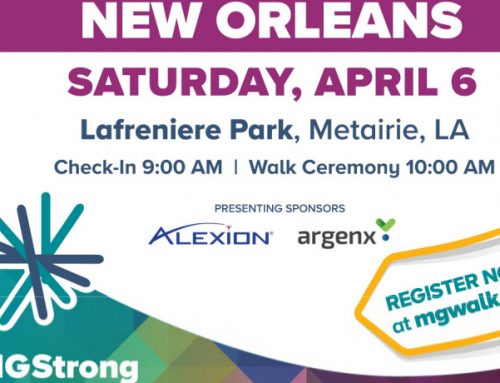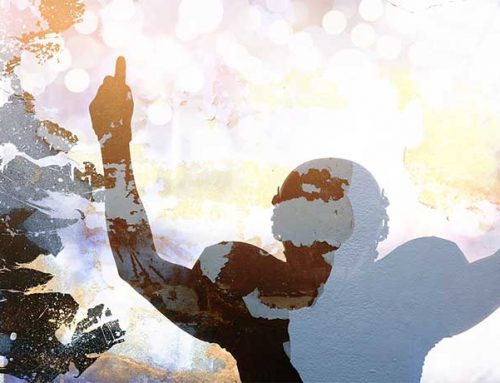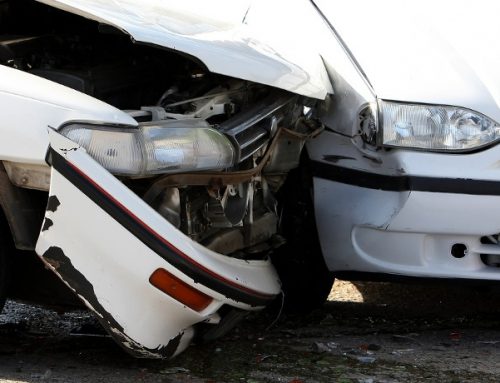New Motorcycle Rider Safety Tips
Motorcycles Are Increasing in popularity throughout the US.
Motorcycles are fun vehicles to drive. They are fast, fuel efficient, and are easy to park, especially in the limited parking in the New Orleans French Quarter. Unfortunately, motorcycles are a lot more dangerous the cars. According the the Insurance Institute for Highway Safety (IIHS), a motorcyclist is 30 times more likely to die in a crash than people in cars. According the National Highway Traffic Safety Administration (NHTSA), there has been a 10% increase in motorcycle fatalities from 2014 to 2015. In 2013, if all motorcyclists in fatal crashes had worn helmets, an estimated 715 lives could have been saved. There are a lot of factors that go into why these crashes have increased, but there are four main reasons that have been the main cause of motorcycle crashes nationwide.
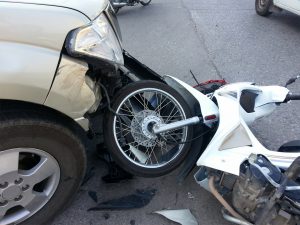 The motorcycle crash and fatality risk factors include:
The motorcycle crash and fatality risk factors include:
-Lack of helmet use
-Alcohol involvement
-Speeding
-Invalid Licensure
Louisiana Funds a Motorcycle Awareness Campaign
The Louisiana Highway Safety Commission funds a Motorcycle Awareness Campaign, which conducts an annual motorcycle safety rally and press event in May, during Motorcycle Safety Month. The Louisiana Department of Public Safety conducts a Motorcycle Operator Training Program to instruct motorcycle operators about motorcycle safety.
9 Tips for New Motorcycle Drivers:
- Buy A Bike You can Handle – If you have never been on a motorcycle or it has been awhile, you may be surprised at how they have changed. They are faster and more powerful and come in a variety of sizes. Choose a bike that fits your size and expertise. Don’t choose a bike based solely upon looks. Also, consider where you will be using the bike, for example highway or spillway, before deciding on a particular make and model.
- Get Antilock brakes – According to IIHS data, bikes with the ABS brakes were 37% less likely to be involved in a a fatal crash compared to bikes without the Antilock brakes. Why? When a rider locks up the brakes in a fast stop, the rider loses steering control can can easily skid and crash. ABS brakes helps to maintain control when making an emergency stop.
- Practice your skills – Take a safety riding course in Louisiana such as the Motorcycle training course offered by the Louisiana State Police. Don’t start out on the highway, start practicing on roads that do not have a lot of traffic.
- Wear a Helmet – This tip is simple. Helmets protect your head and they will save your life. Modern helmets are strong, light weight, comfortable, and even fashionable. They will also cut down on wind noise and fatigue.
- Protective gear – Wear gear that will protect you from the wind, bugs, debris and road rash. Don’t rely on sunglasses, get effective eye protection made for bikes like a helmet visor or goggles. Also, consider getting bright colors to help other drivers see you as you ride.
- Drive Defensively – Drive for the other drivers. If you are in a crash, even a small one with a car, you are at a disadvantage on a motorcycle because you have nothing surrounding you to protect you other than your protective gear. Keep an eye out for cars switching lanes and keep a safe distance from other vehicles.
- Avoid Bad Weather – Driving any vehicles become more difficult in bad weather. The roads get slippery and drivers cannot see as well. But also, strong side winds can impair a motorcyclist. Just try to hold out for the weather to pass, then get back on the road.
- Watch Out for Road Hazards – New Orleans is filled with construction projects and pot holes. A car or truck can negotiate some of these obstacles without incident, but a motorcycle driver is in greater danger when trying to get through some of these obstacles. Slow down and try to avoid areas that are under construction.
- Check Your Motorcycle – Before you go out for a ride, check your bike to make sure the lights, horn, signals, chain, belt and shaft are all working well. Don’t forget to check your tire pressure. This five minute walk-around may save your life on the road.



